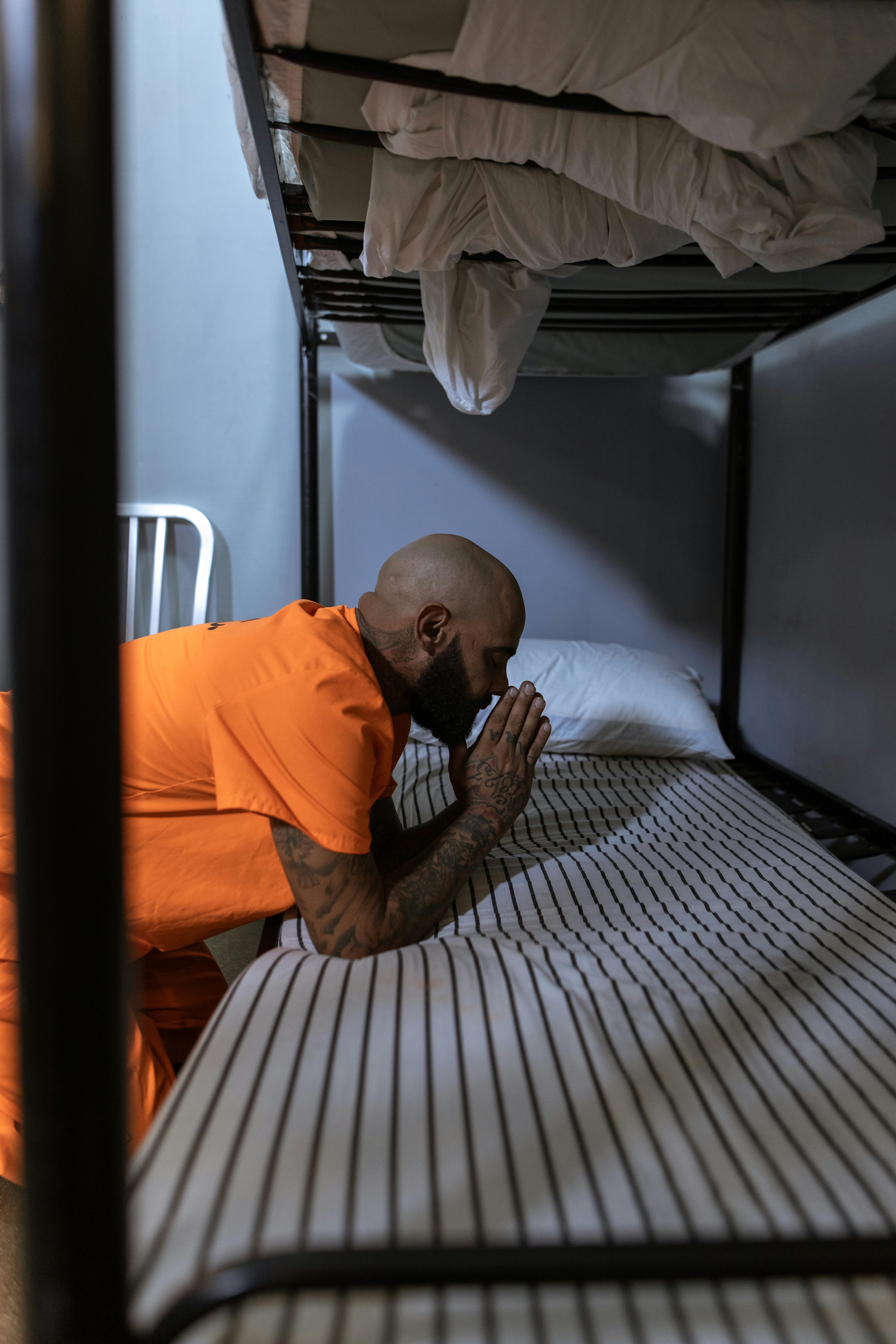
By
Californians in the November election will vote on a ballot measure that would change the state Constitution to ban the practice of forced labor in jails and prisons, a proposal advocates say would wipe out a legacy of enslavement that dates to the 19th century.
If Proposition 6 passes, correctional officers could not order an inmate to work. What’s less clear is what might happen if an inmate wants to work in one of the thousands of prison jobs that allow them to earn small amounts of money or to build skills.
No one can say with certainty, but it raises the possibility that inmates could be paid minimum wage for work they perform while incarcerated.
The legal precedent that allows California prisons to pay sub-minimum wage to inmates — less than 74 cents an hour for most — draws in part from the provision in the state Constitution that would be overturned if voters pass the anti-slavery amendment.
Deleting the provision that bans slavery except as punishment for a crime could open the door to higher pay for inmate labor depending on how courts interpret the ballot measure, according to experts and an analysis by the Senate Appropriations Committee.
“The long-settled legal doctrine here depends on constitutional permission for forced labor as punishment for crime,” said David A. Carrillo, executive director of Berkeley Law’s California Constitution Center, in an email to CalMatters. “Removing that support raises difficult questions that courts will need to rethink — without an established foundation to build on.”
Those questions derailed a similar proposal two years ago, when the state Finance Department estimated that paying minimum wage to inmates would cost taxpayers $1.5 billion a year. California’s entire corrections budget is expected to cost $18 billion this fiscal year.



